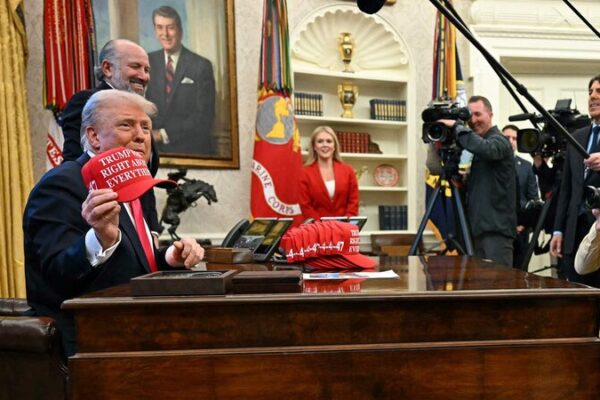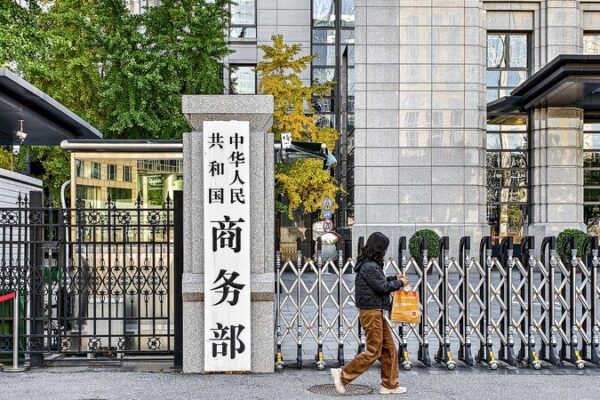
US Imposes 25% Tariffs on Canadian Goods, Canada Strikes Back
The US has imposed 25% tariffs on Canadian goods starting March 4th, prompting Canada to introduce counter tariffs. This move is expected to significantly impact both economies, especially Canada.








